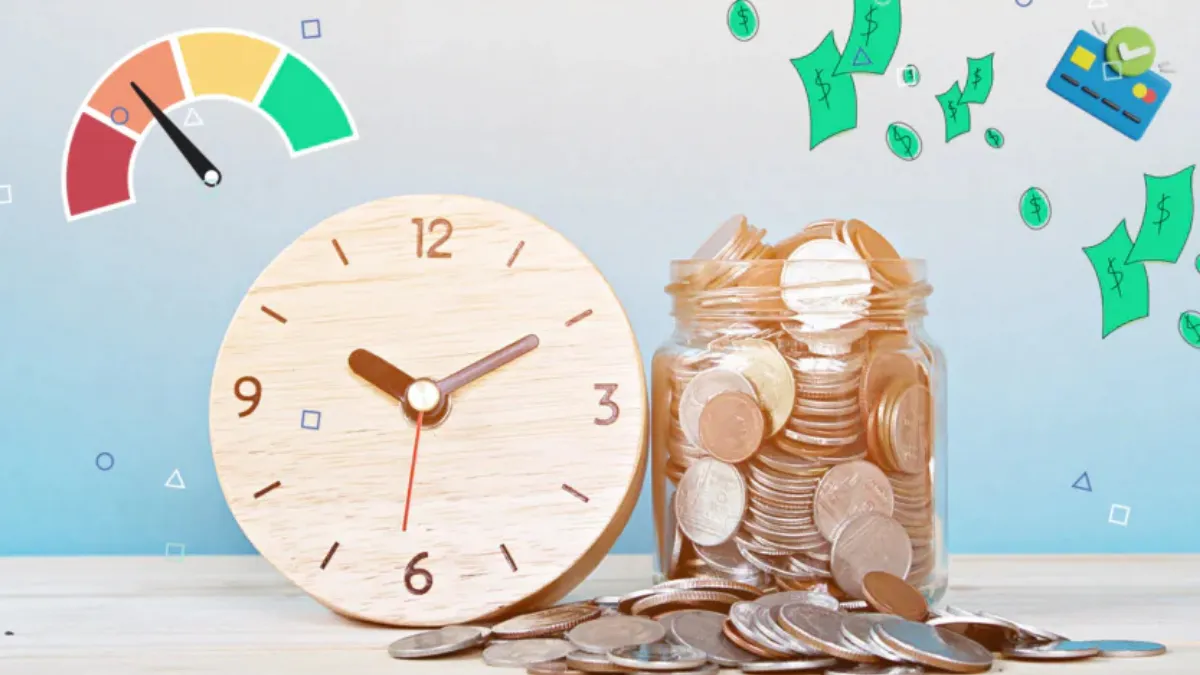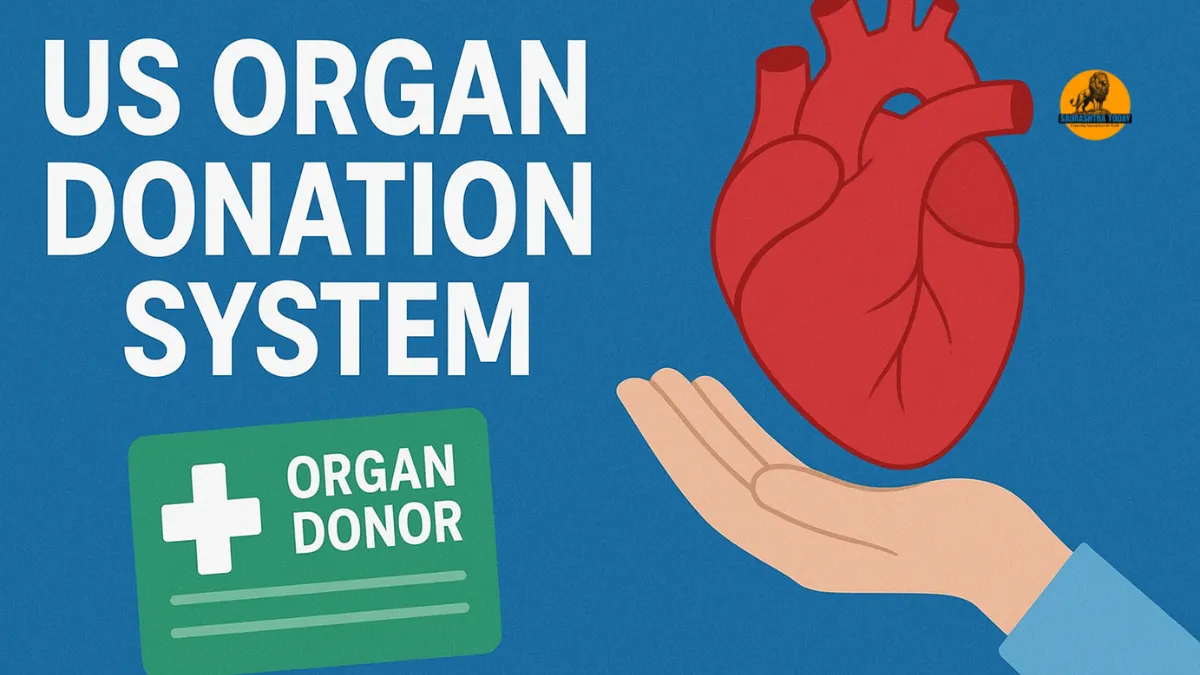If your credit card payment is late by one day, you might have to pay a fine between ₹100 and ₹1,000. However, the good news is that your CIBIL score does not drop immediately for such a short delay. According to financial experts, credit rating agencies and banks clearly differentiate between a short delay and a long-term default.
Banks Usually Don’t Report Short Delays to Credit Bureaus
In most cases, delays of less than 30 days are not reported to credit bureaus like CIBIL. Almost every bank and credit union provides a grace period of 3 to 7 days after the payment due date.
If you make the payment within this grace period, your account is not marked as “late payment” in the credit report.
That means, if your credit card payment is late by one day, your credit score remains safe. You may face a small penalty or interest charge, but your CIBIL score won’t fall immediately.
Repeated Late Payments Can Affect Your Credit Health
Experts say that a single one-day delay may not be reported, but frequent small delays can have a negative impact over time. Banks and lenders track your payment behavior internally, and if you keep missing deadlines — even by a day or two — it may be seen as poor repayment discipline.
In such cases, banks may flag your account as “risky,” which could affect your future credit card or loan applications. In short, occasional delays might be forgiven, but habitual lateness can damage your financial credibility.
What Happens When You Delay Credit Card Payment?
Even if the credit card payment is late by one day, banks may impose the following charges:
| Type of Charge | Description | Typical Range |
|---|---|---|
| Late Payment Fee | Penalty for missing the due date | ₹100 – ₹1,000 |
| Interest Charges | Calculated daily on outstanding balance | 2.5% – 4% per month |
| GST on Fees | Tax on penalty and interest | 18% GST |
| Loss of Interest-Free Period | Future purchases lose interest-free benefit | Depends on card policy |
So, even if your score remains safe, your wallet feels the pinch due to these extra costs.
How Banks Report Late Payments to CIBIL
Banks follow a 30-day reporting cycle. Only if your credit card payment remains unpaid for 30 days or more, it is reported to credit bureaus like CIBIL, Experian, or Equifax as a “late payment.”
This means if your credit card payment is late by one day, five days, or even ten days, it won’t affect your CIBIL score directly — provided you clear the dues before the next billing cycle ends.
However, if the delay crosses 30 days, your report will show a “DPD” (Days Past Due) remark, and your credit score can drop by 50 to 100 points depending on your profile.
Four Key Habits to Maintain a Healthy Credit Score
To maintain a strong credit score and avoid penalties, experts recommend these four smart practices:
1. Use Only 30% of Your Credit Limit
Keep your credit card usage below 30% of the limit. For instance, if your card limit is ₹1 lakh, try not to spend more than ₹30,000 in a month. This keeps your credit utilization ratio healthy and your score high.
2. Request for a Higher Credit Limit
If your income is stable and your payment history is good, you can request a credit limit increase from your bank. This automatically reduces your utilization ratio, which improves your credit score.
3. Split Expenses Across Multiple Cards
If you have more than one credit card, divide your monthly expenses between two or three cards. This prevents any single card from being overused and keeps your overall utilization balanced.
4. Set Credit Card Payment Alerts
Use your bank’s mobile app or SMS alerts to get notified when your card usage crosses 30% or when your payment due date approaches. These alerts help avoid unintentional late payments and protect your credit profile.
What Is a CIBIL Score?
Your CIBIL score is a three-digit number that reflects your credit history and repayment behavior. It ranges between 300 and 900, where a higher score means you are more trustworthy to banks, NBFCs, and financial institutions.
- Excellent Score: 750–900
- Good Score: 700–749
- Average Score: 650–699
- Poor Score: Below 650
A high CIBIL score increases your chances of getting loans and credit cards at better interest rates.
Also read: Gold Price Today: Yellow Metal Slips ₹125 in Futures as Investors Await U.S. Inflation Data
How to Check Your CIBIL Score for Free
You can easily check your CIBIL score on the official website — www.cibil.com. The website offers one free report per year.
If you wish to check it more frequently, CIBIL offers a monthly subscription plan for around ₹550. Many banking and financial apps also allow users to check their CIBIL score for free multiple times a year.
Expert Advice: Never Ignore a Payment Reminder
Even if your credit card payment is late by one day, you should make the payment immediately to avoid additional charges. Experts say that consistency is key — banks value customers who pay on or before the due date every time.
Repeated late payments, no matter how short, indicate poor financial discipline, which can harm your creditworthiness in the long run.
Also read: Bhavnagar News: Over ₹66,000 Crore Worth of 27 MoUs Signed to Boost Shipbuilding in Gujarat
Conclusion:Credit Card Payment Late by One Day
A credit card payment late by one day might seem harmless, but it still attracts a small fine and interest. Fortunately, it doesn’t directly lower your CIBIL score unless the delay continues beyond 30 days.
To protect your financial health, always pay bills on time, maintain low credit utilization, and set alerts for due dates. A disciplined payment routine not only saves you money on penalties but also keeps your CIBIL score strong — ensuring that banks continue to trust you with future credit opportunities.



















